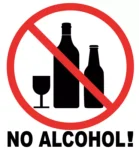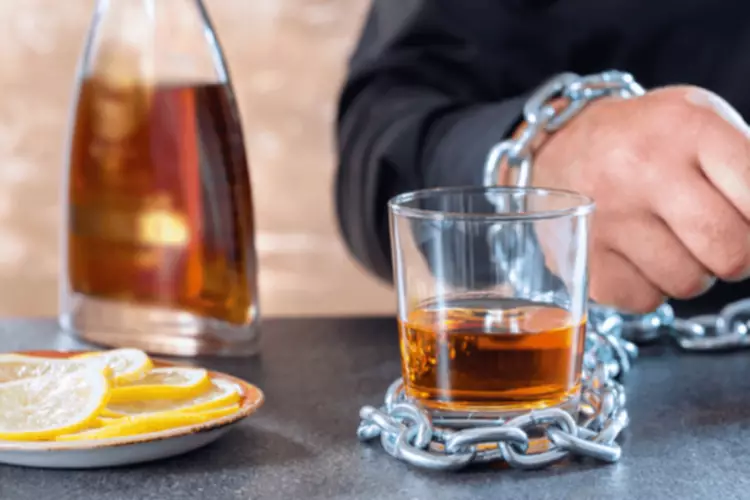

REM sleep is vital for healthy brain development, the National Sleep Foundation noted. Not getting enough REM sleep can make concentrating difficult, cause forgetfulness and leave people feeling excessively sleepy during the day. Poor sleep can also contribute to a wide range of health problems, according to the NIH, including obesity, high blood pressure and depression. If a person chooses to consume alcohol, drinking in moderation several hours before bed is the best practice for avoiding sleep disturbances. There’s a complicated relationship among depression, alcohol, and sleep. People suffering from depression may already have disrupted circadian rhythms, and the presence of even moderate amounts of alcohol may push those rhythms further out of sync.

Research shows that regular alcohol intake can reduce sleep quality over time, potentially causing issues such as insomnia. The gut and its microbiome are often referred to as the body’s second brain, and operate under powerful circadian rhythm activity. The circadian disruption that can result from alcohol consumption contributes does alcohol help you sleep to leaky gut syndrome, according to research. Whether or not you drink alcohol is a personal choice and if it’s one you make, you can adjust a few habits to decrease its effects on sleep. “Alcohol is sedating”, said Deirdre Conroy, PhD, clinical director of the Behavioral Sleep Medicine Clinic at Michigan Medicine in Ann Arbor.

Alcohol has biphasic effects, meaning some of its impacts have two phases, such as stimulating and sedating. For example, research shows high doses of alcohol may decrease your blood pressure for up to 12 hours and then increase your blood pressure after that. The study also showed that alcohol affected men, women, and both active and sedentary individuals similarly. Perhaps surprisingly, it found that alcohol affected the sleep of younger people more than it did older adults.
In general, maintaining a well-balanced diet, with an emphasis on lean proteins and diverse plant foods, can go a long way to enhancing your sleep, night-to-night. Studies have found conflicting information about how alcohol affects REM sleep. Alcohol appears to consistently delay the first REM sleep episode, and higher doses of alcohol appear to reduce the total amount of REM sleep. Suppressing REM sleep can have detrimental consequences for memory consolidation and other cognitive processes.
If alcohol continues to disrupt your overall sleep quality, you may consider cutting it out entirely, or limiting your intake before bedtime. If you’ve stopped drinking alcohol, but are still having sleep issues, be sure to reach out to a sleep specialist. First off, while wine and other alcohols have notorious sedative effects, it’s important to note that these drinks also have calories, which means they give us energy, too. So while alcohol is being processed, before you begin to feel a bit drowsy, the calories are being converted to energy. Specifically, research shows that drinking alcohol increases your risk of OSA by 25%.

Completa i campi per ricevere un preventivo
Descrivi ciò di cui hai bisogno. Il nostro staff prenderà in consegna la tua richiesta e ti risponderò nel minor tempo possibile